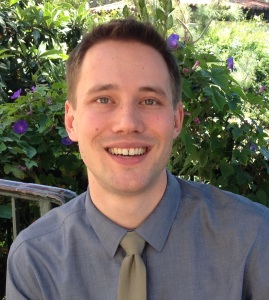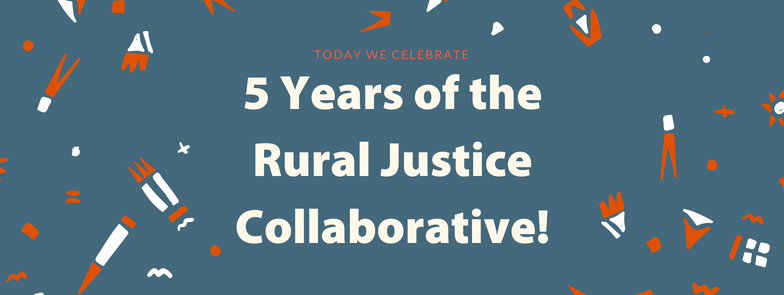
May 17, 2018
The Rural Justice Collaborative turns five years old today! In celebration of this major milestone, today we wanted to look back on the history and impact of this important and innovative program.
In 2012, members of the Association of Pro Bono Counsel met with then-Vice President Joe Biden to discuss access to justice issues. During the meeting, the Vice President challenged the private sector to increase its involvement in providing pro bono legal help for people in need. Rising to the challenge, APBCo initiated the IMPACT projects (“Involving More Pro Bono Attorneys in Our Communities Together”), a nationwide group of initiatives which seek to engage pro bono resources to increase access to justice for low income people.
One of these projects was the Rural Justice Collaborative (or RJC), which launched in 2013 with funding and support from Cooley LLP and staffing from OneJustice. The first clinic was held five years ago today in Napa, where volunteer attorneys from Cooley LLP and Orrick Herrington & Sutcliffe LLP assisted eleven clients with filing and renewing their DACA applications.
Since that first clinic, RJC has hosted 117 clinics that have helped over 1100 people in a variety of legal areas – including immigration, naturalization, DACA applications, housing, and expungement of criminal records. The nearly 1000 attorneys who have volunteered with RJC have provided thousands of hours of free legal help. RJC volunteers regularly travel to rural areas around Northern California, including Petaluma, Oakley, Gilroy, South Lake Tahoe, and Pittsburg Bay Point, among others.
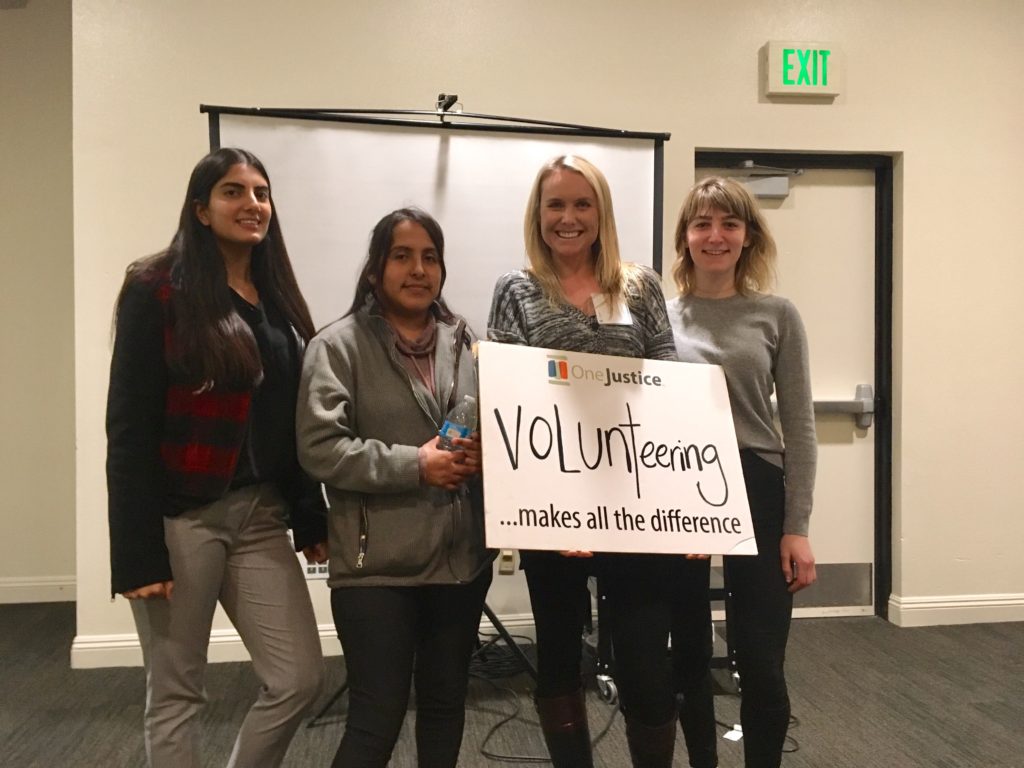
Volunteer attorneys and a client at a recent RJC clinic in Sonoma County
The attorneys who volunteer their time with RJC are simply remarkable. Many, in fact, are repeat volunteers who are happy to help whenever (and wherever) needed. Lusik Gasparyan, who manages RJC in the San Francisco office, enjoys getting to work with the committed volunteers who volunteer with RJC. “I love meeting the volunteers that come to RJC clinics and learning about their experiences and passions,” she says. “They make genuine connections with the clients and treat the clients with empathy and respect.” She goes on to describe one RJC volunteer in particular who, despite working two jobs, comes to every RJC clinic she can. “She greets folks with a hug and a huge smile. People like her make every legal clinic a success.”
RJC’s clinics have been critical in response to the new challenges facing immigrants in Northern California – including the rescission of DACA and the surge in immigration enforcement. Given this need, all of this year’s RJC clinics have focused on immigration legal issues and DACA applications. It’s no exaggeration to say that the legal help clients receive can often have a dramatic impact on their futures. As a recent 19 year old DACA recipient noted at a clinic:
“I wish we could change the current unfair immigration laws, so no family has to feel fear of deportation as I feel. I know I have a bright future…I like to major in computer science and contribute to this society.”
At the end of the day, none of these clinics are about getting the right papers filled out. It’s about the hope, security, and sense of opportunity our clients feel when they walk out the door. We are privileged to stand alongside these Californians who, like the 19-year-old quoted above, are working to build a better future for themselves and their communities.
So today, we want to say thank you to all of the volunteers and law firms who have supported the Rural Justice Collaborative, and to all of the incredible community organizations we have the privilege of working alongside. We’re looking forward to a bright future where we can continue to work together to bring justice to even more rural Californians. Here’s to another five years!
To learn more about the Rural Justice Collaborative, contact Ellie Dehghan, Senior Staff Attorney, at edehghan@one-justice.org.
Want to support the Rural Justice Collaborative? Make a donation today!

























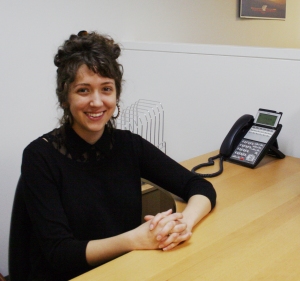
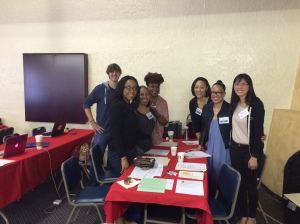
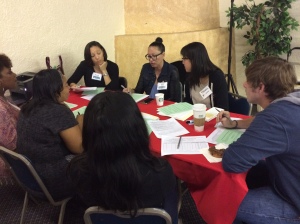
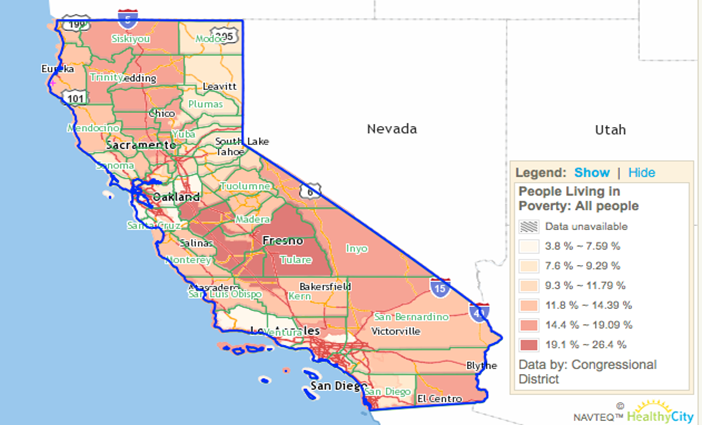
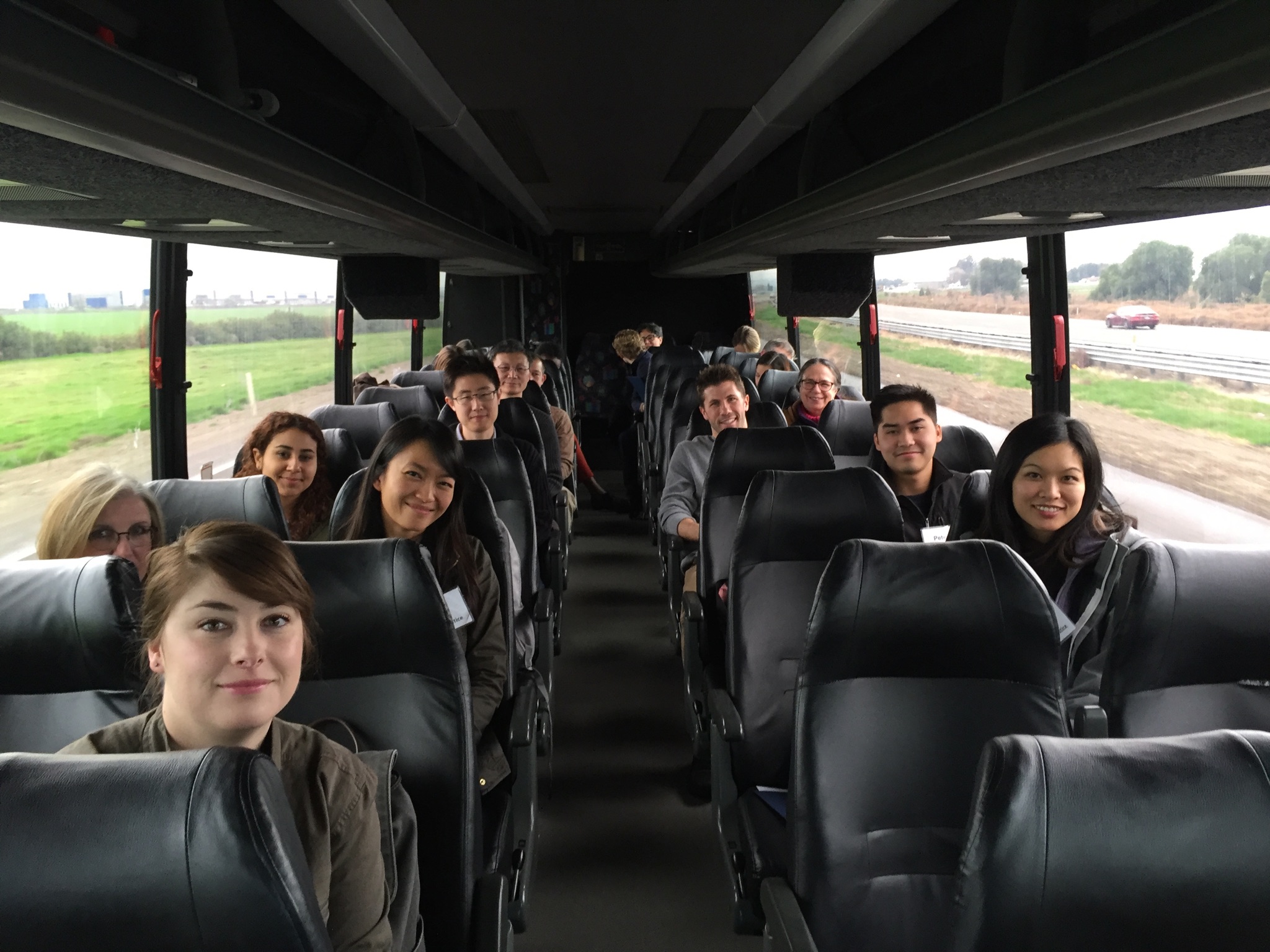
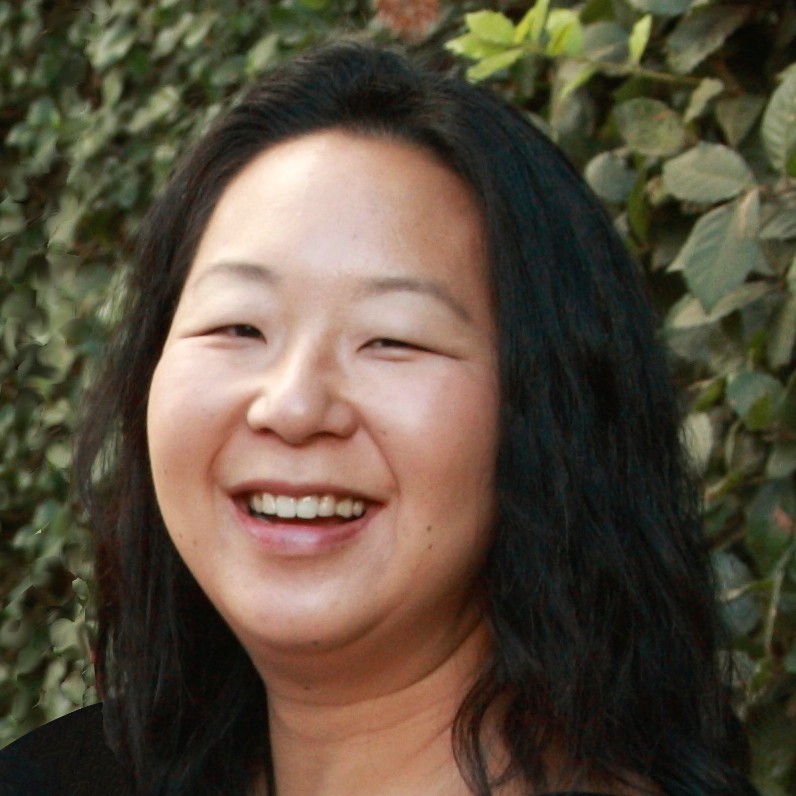
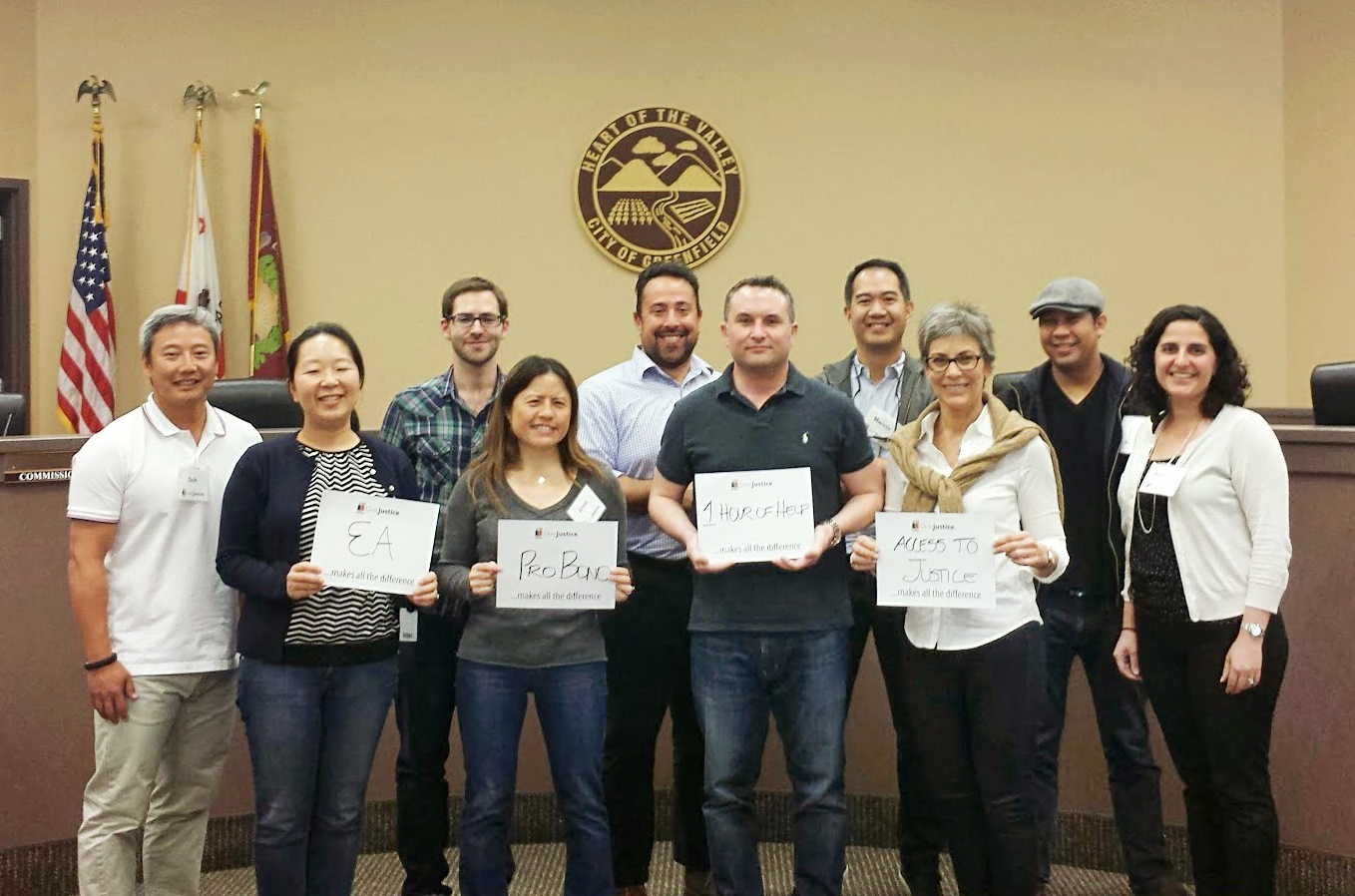
![[Photo: Huffington Post]](https://onejusticeblog.files.wordpress.com/2015/09/o-justice-facebook-e1441744429264.jpg)
![[Photo: Legal Services Nonprofit leaders discussing trainings.]](https://onejusticeblog.files.wordpress.com/2015/09/1038-cropped.jpg)
